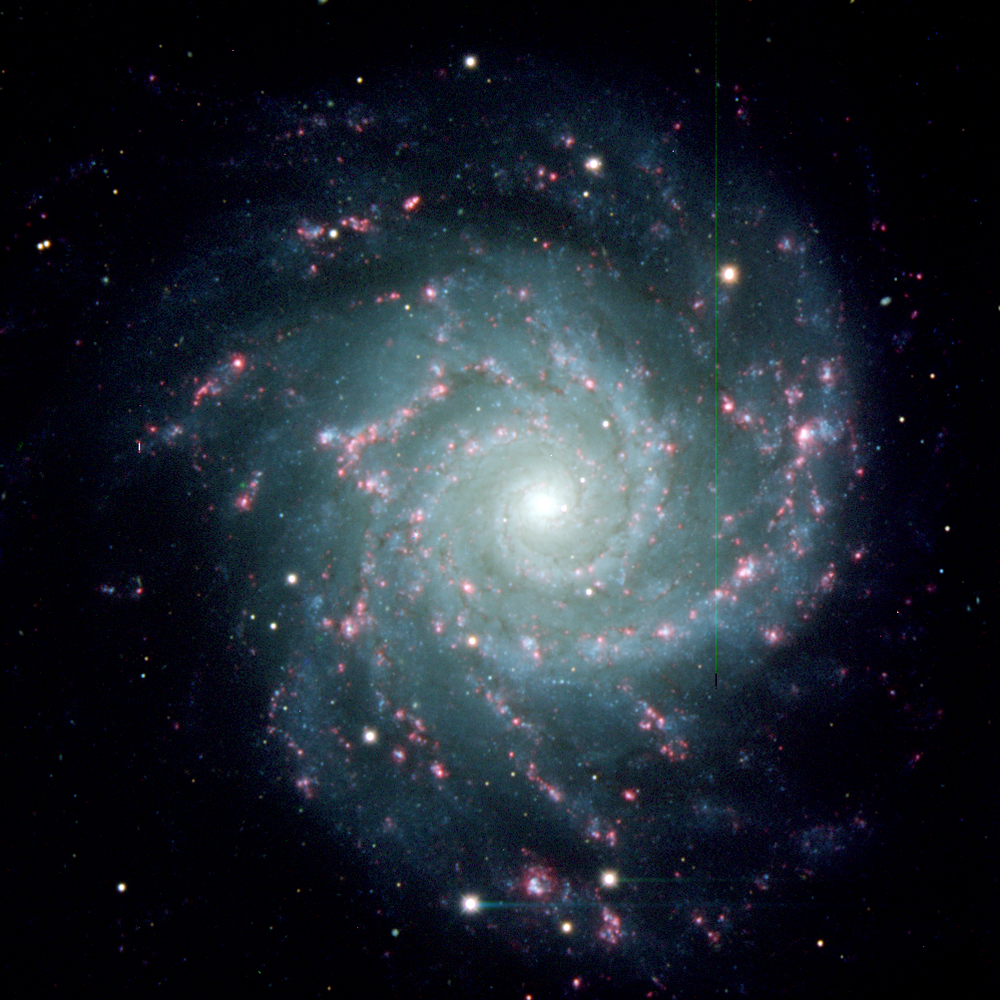
At the dawn of the 21st century, we were pretty sure we had solved cosmology. The Lambda Cold Dark Matter (LCDM) model made strong predictions for the power spectrum of the Cosmic Microwave Background (CMB). One was that the flat Robertson-Walker geometry that we were assuming for LCDM predicted the location of the first peak should be at ℓ = 220.







